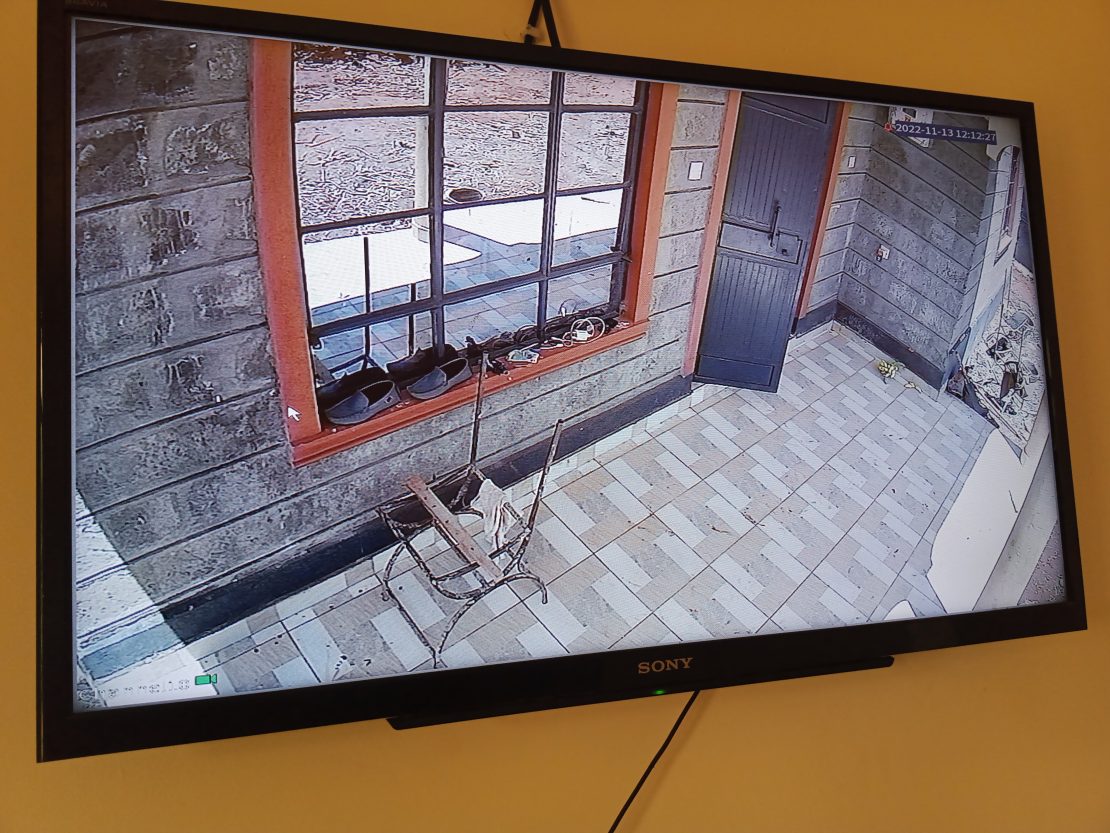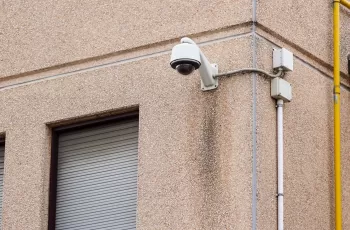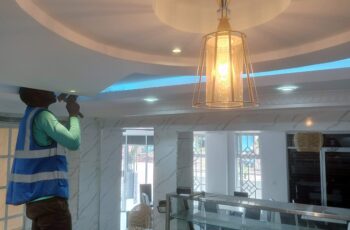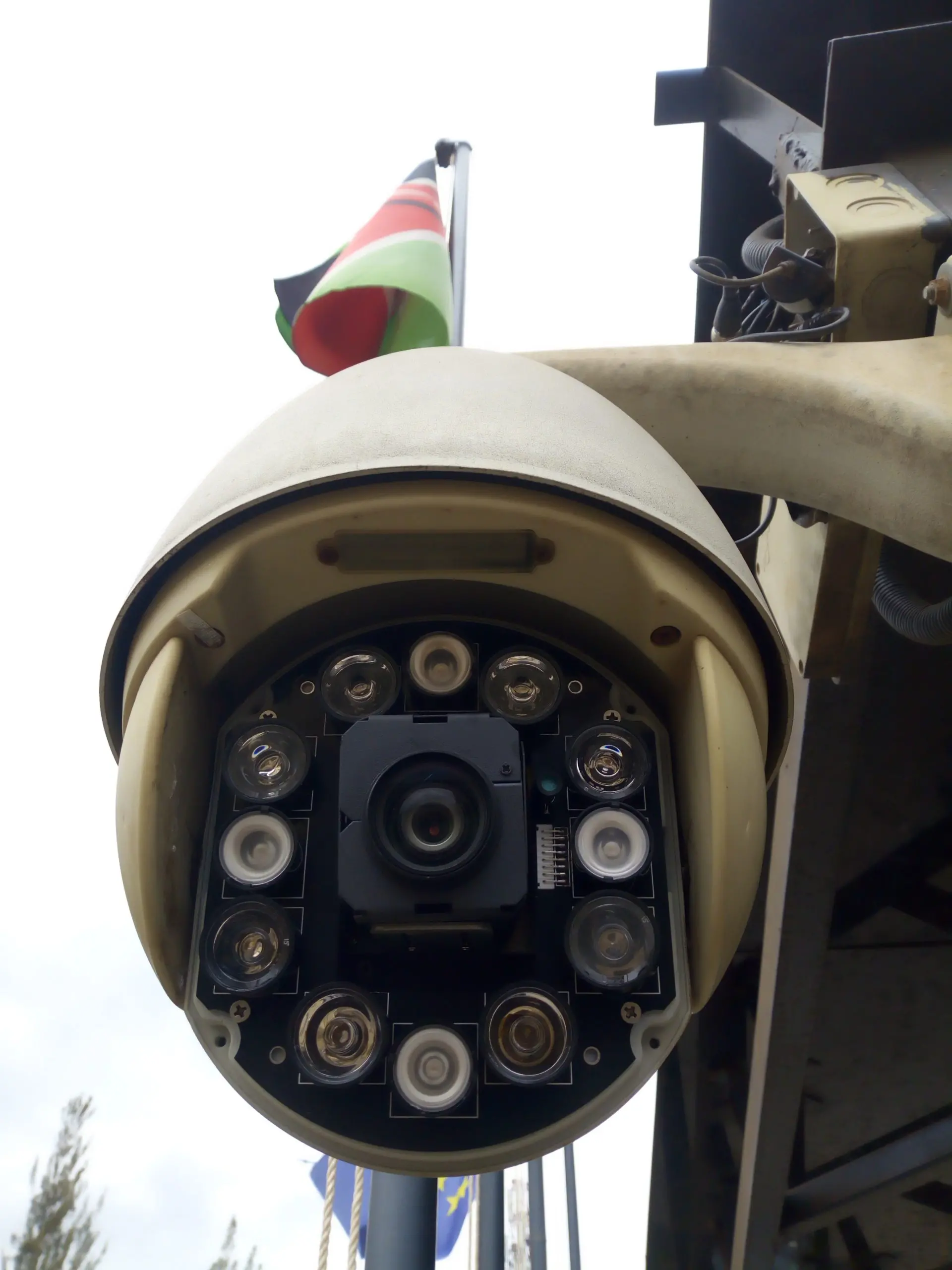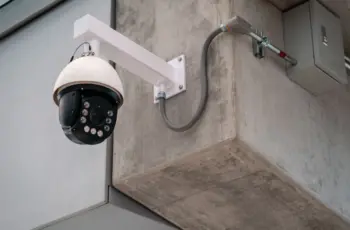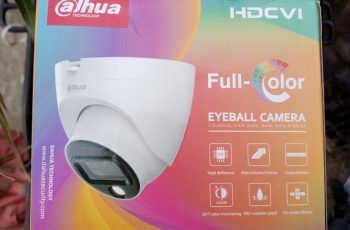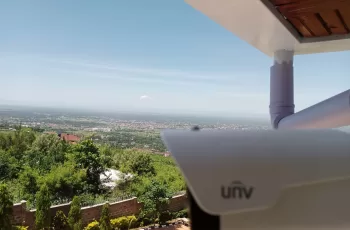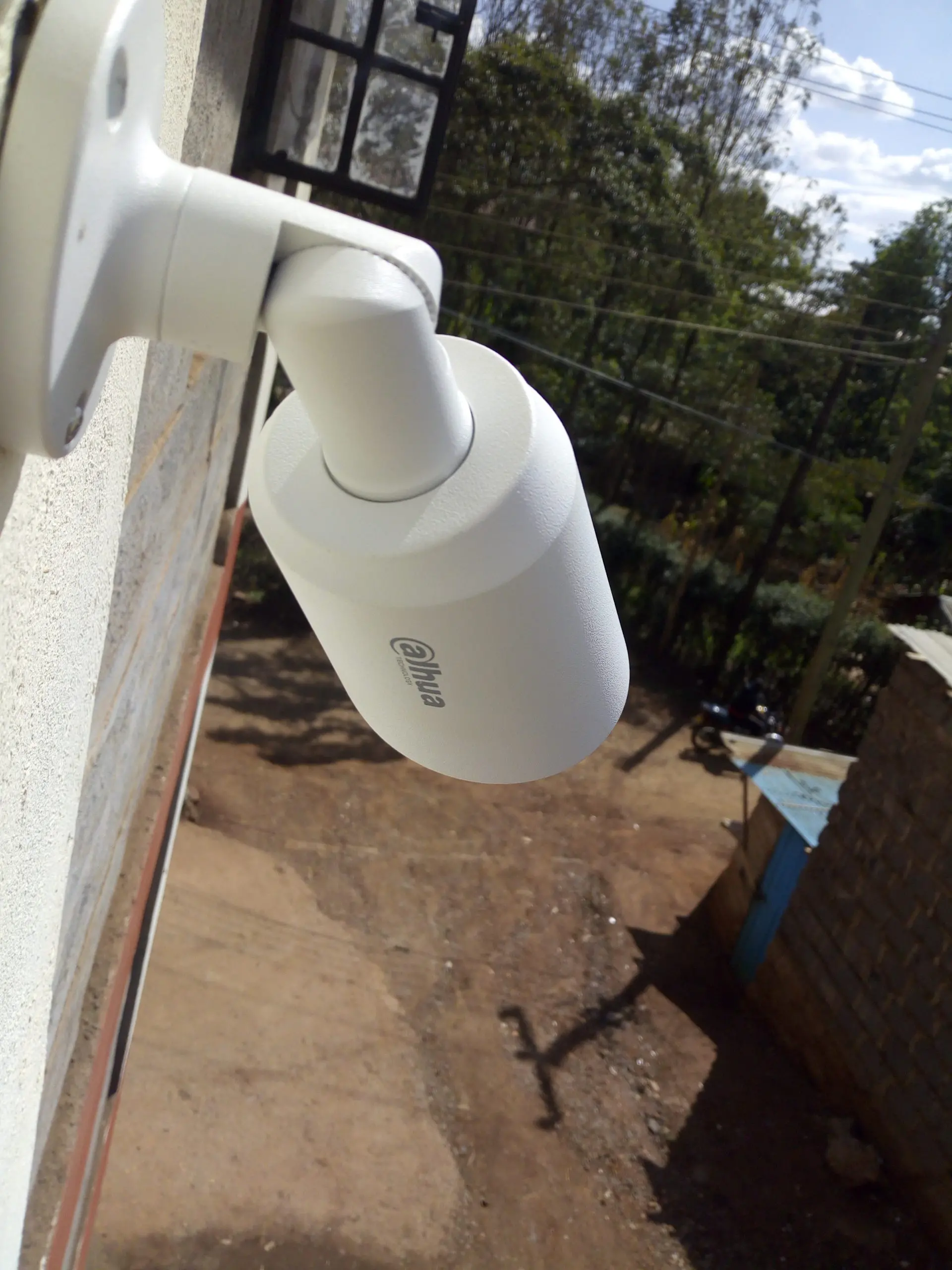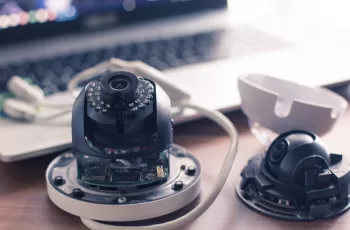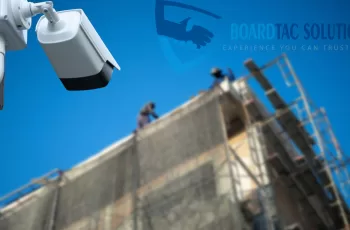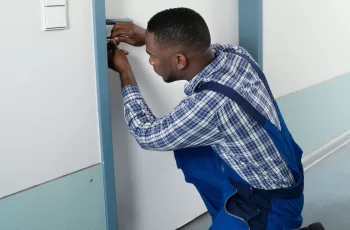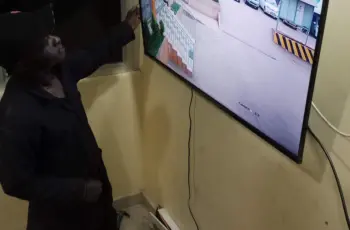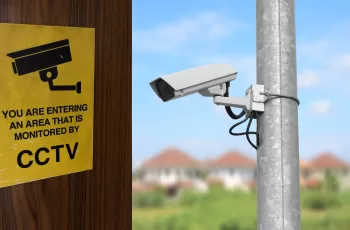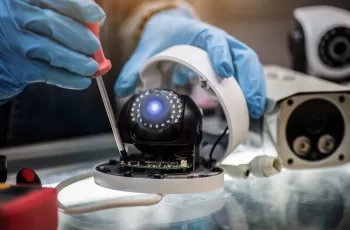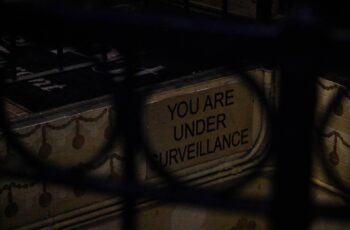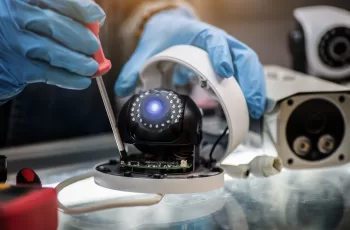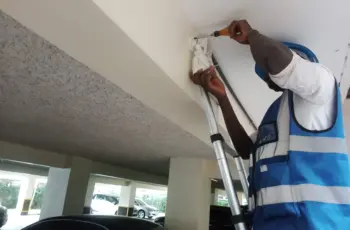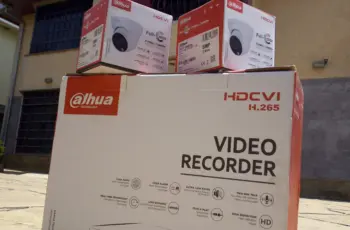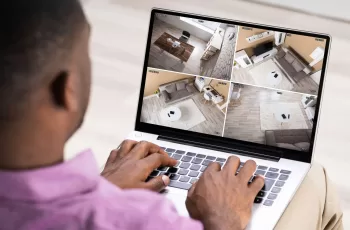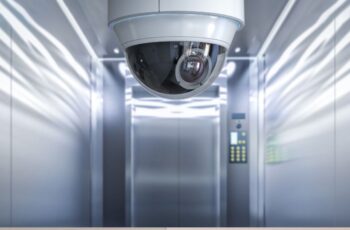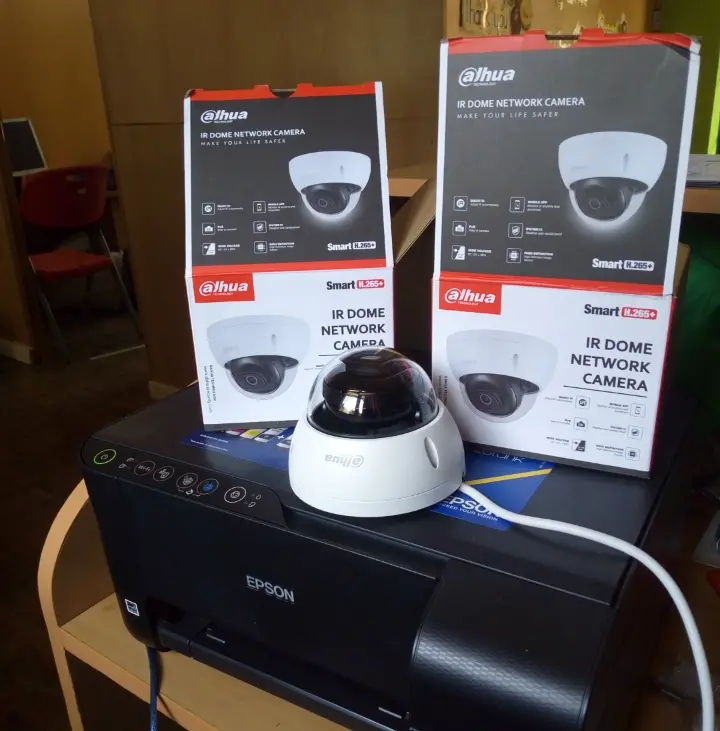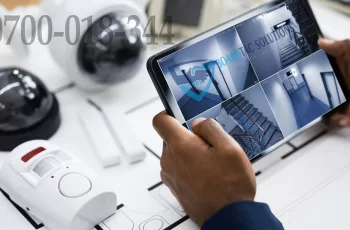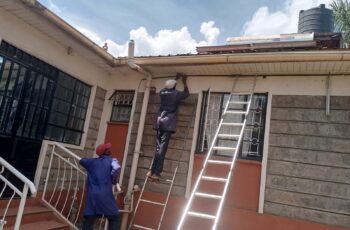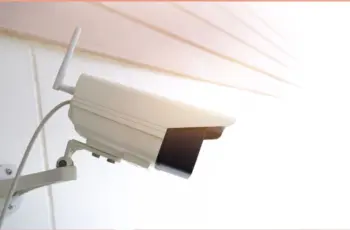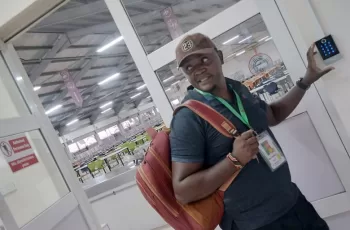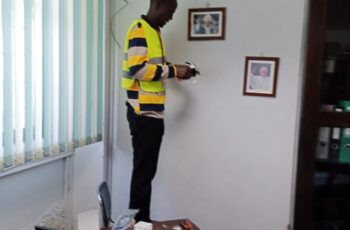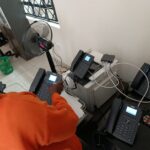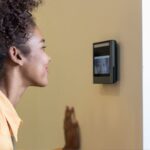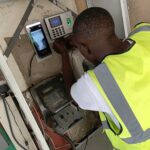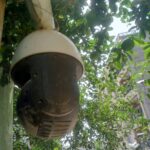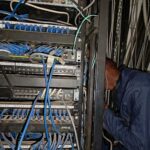CCTV Installation in Kenya?
CCTV Installation in Kenya has become essential nowadays. It is recommended to seek professional support for installing any Home Security System as there are multiple factors into play. It might be tempting to attempt CCTV installation on your own, but it can be a difficult task. The last piece of the CCTV installation process is hiring a professional installer. Hiring a professional CCTV installation service will make sure everything is installed correctly. An experienced CCTV technician will also be able to offer helpful tips and suggestions to make your security system as effective as possible.
What Are the Different Types of CCTV Cameras in Kenya?
There are a variety of different types of CCTV camera which suit different situations or premises, and that selecting the proper camera for the right application is vital.
Different types of cctv
- Dome Camera
- Bullet Camera
- C-mount Camera
- Day/Night Camera
- PTZ Camera
Dark Fighter Technology Cameras
The full color CCTV cameras can pick up coloured images in very low-light conditions. Dark fighter technology can be used in the day and night and offer optimal performance thanks to its wide range of capabilities. They are equipped with ½” CMOS progressive scan sensors which allows the device to pick up high-quality images and doesn’t require an extra light source – which makes the perfect night time security surveillance camera.
Dome CCTV Cameras Camera – Internal CCTV Cameras
The dome camera is one most commonly used for indoor and outdoor security and surveillance. The shape of the camera makes it difficult for onlookers to tell which way the camera is facing, which is a strong piece of design, deterring criminals by creating an air of uncertainty.
Bullet Camera CCTV Cameras – External CCTV Cameras
Bullet cameras are long and cylindrical in shape and are ideal for outdoor use. Their strengths lie specifically in applications which require long distance viewing. Installed within protective casings, the cameras are shielded against dust, dirt and other natural elements. The cameras can easily be mounted with a mounting bracket, and come fitted with either fixed or varifocal lenses depending on the requirements of its intended application.
Day/Night Camera
Capable of operating in both normal and poorly lit environments, these cameras benefit from not requiring inbuilt infrared illuminators as they can capture clear video images in the dark thanks to their extra sensitive imaging chips. For this reason, these cameras are ideal for outdoor surveillance applications in which IR cameras are unable to function optimally.
PTZ Pan Tilt & Zoom Camera
PTZ – Pan/tilt/zoom – cameras allow the camera to be moved left or right (panning), up and down (tilting) and even allow the lens to be zoomed closer or farther.
Discreet CCTV
These types of cameras allow for discreet placement which means you can capture good footage of theft and criminal damage. Discreet CCTV cameras beneficial because criminals will be less likely to spot them and therefore, they are less likely to be damaged in the process.
IR dome CCTV
One of the best 24 hour surveillance cameras around providing airports, seaports, boards and many other critical infrastructures with quality images, no matter what time of day it is. Infrared cameras have small LEDs surrounding the lens to help pick up moving figures in pitch black. Thermal image cameras can see over long distances, up to 300 metres away!
Varifocal Cameras
With the ability to zoom in and out without forfeiting its focus. Varifocal cameras allow you to adjust the focal length, the angle and increase or decrease the zoom – ideal for obtaining footage in a square room where you would normally experience a ‘dead zone’ with any alternative, fixed lense camera.
Network Cameras
These cameras share the images across the internet, so CCTV footage can be easily accessed. Network cameras are ideal for both domestic and commercial purposes because you can see what’s going on whilst away from the property.
Factors to consider when selecting CCTV Cameras:
- The correct lense. This will ensure that you receive a quality image. Choosing the right lens will allow your camera to focus and will bring enough light to the sensor on the camera, helping you to read registration plates and recognise faces etc.
- The correct output resolution. The more pixels, the better the picture. The highest resolution you can get is 700TVL but many mainstream cameras range between 300-550TVL. It’s important to match a resolution that your camera can produce, anything more is completely unnecessary.
- What to Look for When Buying a CCTV System:
- Should my CCTV cameras be discreet or a visual deterrent?
- How do I know what to use indoors and outdoors?
- What are the light conditions like?
- Is image clarity important?
Should my CCTV cameras be discreet or a visual deterrent?
Bullet cameras present an obvious sign for anyone who passes by that they are being recorded on CCTV and this can be a great deterrent of theft and crime. Whereas dome cameras are smaller and more discreet.
How do I know what to use indoors and outdoors?
When thinking where you would like to place your cameras, you might want to think about how they will be mounted and housed, in order to ensure that they’re in the best location and well protected. For example, if your camera is to be placed outside, you will want it to be robust and weather proofed. If it’s to be placed indoors you will want to ensure it will not be affected by grease or steam from a kitchen.
Is CCTV Cameras image clarity important?
Depending on how expansive the area is that you want to cover, the resolution of the CCTV camera you choose will need to reflect the landscape in order to provide a clear, useful image. However, if situated in a small room, the camera need not be of a high resolution.

